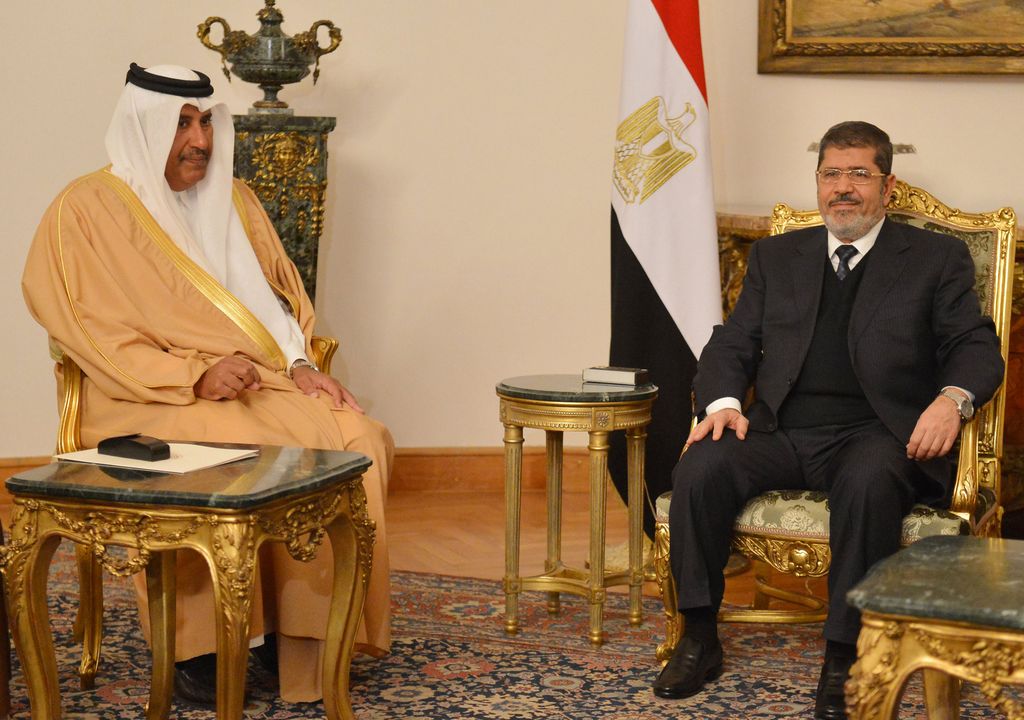Extra Global Company is planning to establish a factory for packaging next year with investments worth EGP 60m and a daily production capacity of 250 tonnes.
Company Chairperson Ahmed Farahat said that his company has a plan to establish a factory for packaging in Sadat Industrial City with investments worth EGP 60m, including the land price, equipment, and establishment operations. These investments are subject to changes based on the prices at implementation time.
He explained that the factory will include a citrus production line with a daily production capacity of 250 tonnes, with a target to reduce expenditure on packaging. A final decision on the establishment of the factory will be taken following the stability of the new export system.
Extra Global Company will fund 50% of the cost to establish the factory, while the remaining amount will be borrowed from the National Bank of Egypt (NBE) and the Export Development Bank of Egypt (EDBE) Farahat pointed out.
The volume of investments in the company currently are estimated at EGP 110m. In the event of increased exports, new investments will be injected over the upcoming years.
Extra Global exports its products to Russia, the Ukraine, Sweden, Gabon, and Kazakhstan. It also targets the markets of Asia, especially, China and Malaysia this year as there exists significant demand there from both countries.
Farahat said that the company sales, whether domestically or in terms of exports reached EGP 20m during the first half of this year and that Extra Global is targeting to reach EGP 36m by the end of this year.
Exports account for 75% of the company’s annual sales, while the local market accounts for its remaining sales.
Moreover, he explained that the continuous increases in transportation prices is considered a reoccurring crisis, which the company is used to dealing with, noting that increases in transportation prices reached 40% compared to the prices of last year. The company places those increases on products, which eventually increases their final price for consumers.
The company exports citrus fruits, potatoes, onions, grapes, and pomegranates. There must be coordination in terms of operations to enable Egyptian products to have a presence in international markets, according to Farahat.
He added that it is necessary to open new export markets for Egyptian products and to organise export operations, as well as specify a body that would be responsible for coordinating the process of entering the market, which would help determine the amounts demanded by foreign markets and the schedule of exports.
Farahat stressed that the sector’s development depends on paying attention to small and medium-sized enterprises, unlike the current case where the Export Council only focuses on large enterprises.




